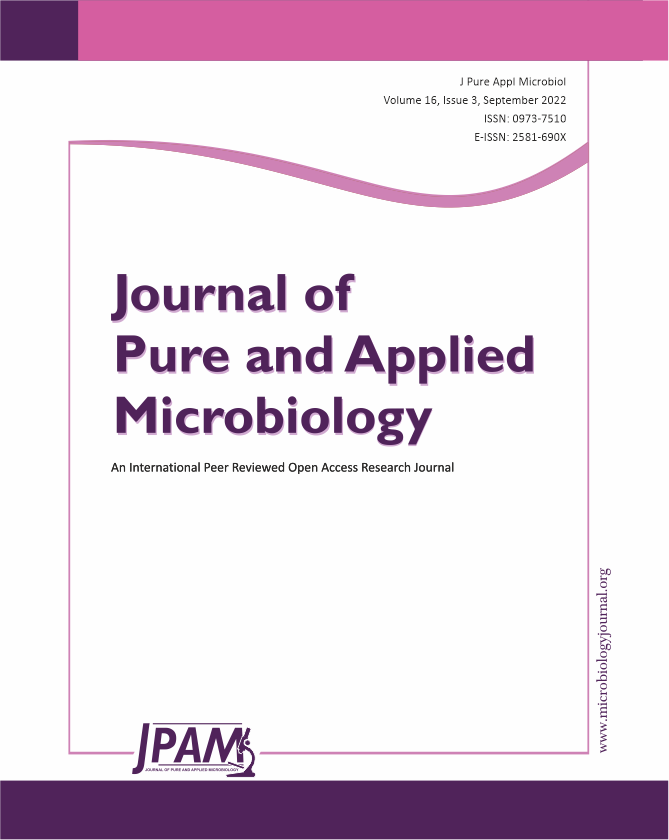Clostridioides difficile is a principal cause of hospital-acquired gastrointestinal infections, with sporulation and toxin production being key determinants in the disease pathogenesis. Although infections have been escalating and the complications can be life-threatening, the narrow pipeline of approved therapeutics has not witnessed an equivalent surge. With the unfolding of worrisome mutations and antimicrobial resistance, attention has been drawn to either discovering new therapeutics, or even better, repurposing already available ones. Consequently, this study was undertaken to assess the anti-clostridial activity of auranofin, an anti-rheumatic FDA-approved therapeutic; and baicalin, a natural flavone glycoside with reported anti-microbial potential. In comparison with vancomycin, the in vitro efficacy of auranofin and baicalin was tested against hypervirulent C. difficile (BAA-1870TM). Broth suspensions were prepared with and without the three agents and anaerobically incubated. At 24- and 48-hours post-incubation, serial dilutions were prepared and inoculated onto agar plates. Viable cell counts and viable spore counts were then quantified. Meanwhile, toxin production was assessed via ELISA. At a concentration as low as 3 μg/mL, auranofin demonstrated a potent anti-clostridial activity. Both auranofin and baicalin exhibited a remarkable reduction in C. difficile viable cell counts (P-value 0.03 for each) and spore counts (P-values 0.023 and 0.045 respectively). While auranofin and baicalin proved to be non-inferior to vancomycin as inhibitors of C. difficile growth, both drugs proved to be superior to vancomycin in decreasing the spore counts 48-hours post inoculation. Additionally, auranofin markedly reduced C. difficile toxin production (P-value 0.021); a feature that was deficient in both baicalin and vancomycin. To enrich the currently limited repertoire of anti-clostridial drugs, further research is encouraging to compare between the in vivo efficacy of auranofin and that of baicalin. Both agents represent promising approaches that could address the unfulfilled needs in controlling C. difficile infection.
Auranofin, Baicalin, Clostridioides difficile, Diarrhea, Spores, Toxin, Vancomycin
© The Author(s) 2022. Open Access. This article is distributed under the terms of the Creative Commons Attribution 4.0 International License which permits unrestricted use, sharing, distribution, and reproduction in any medium, provided you give appropriate credit to the original author(s) and the source, provide a link to the Creative Commons license, and indicate if changes were made.


